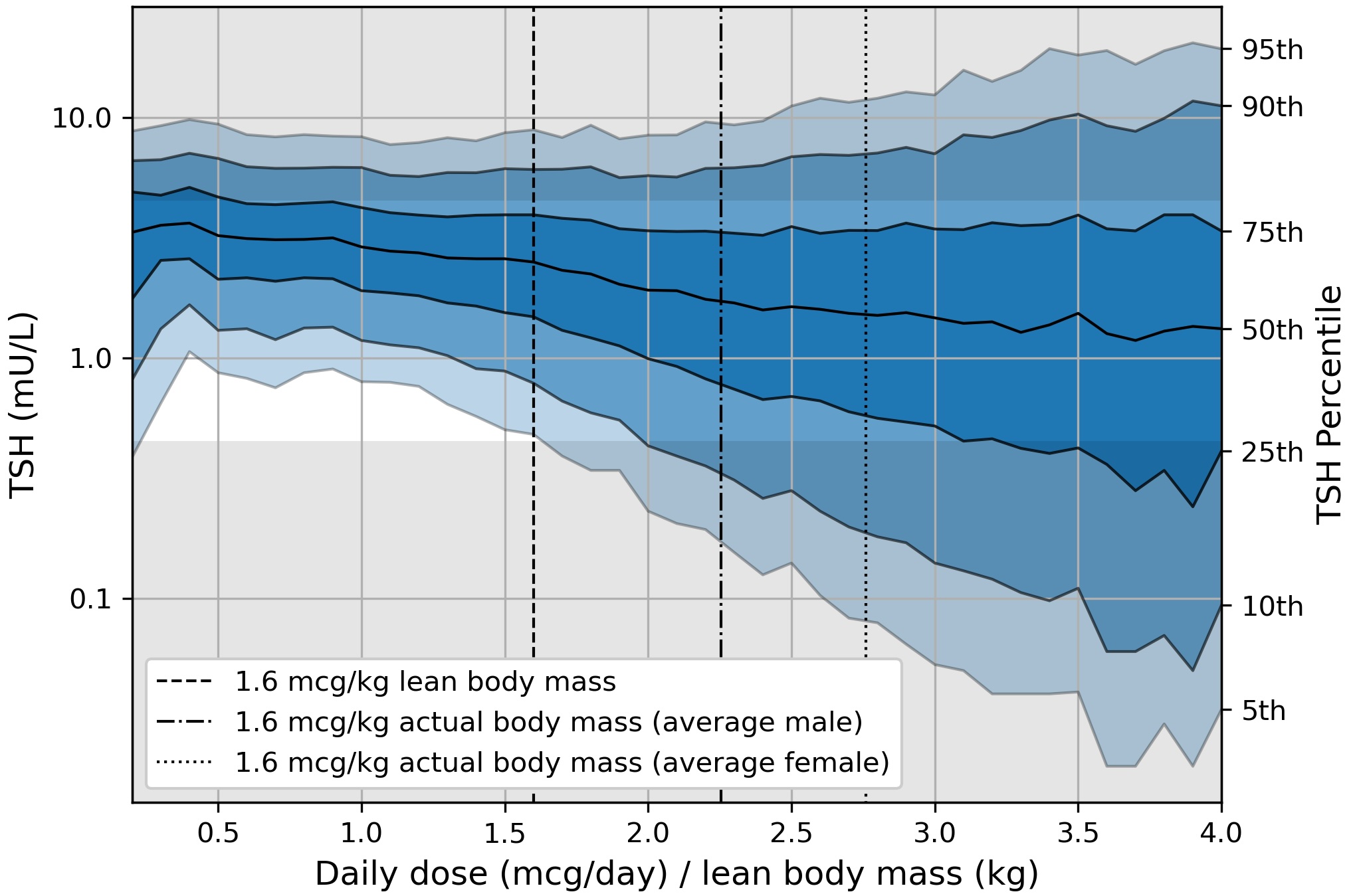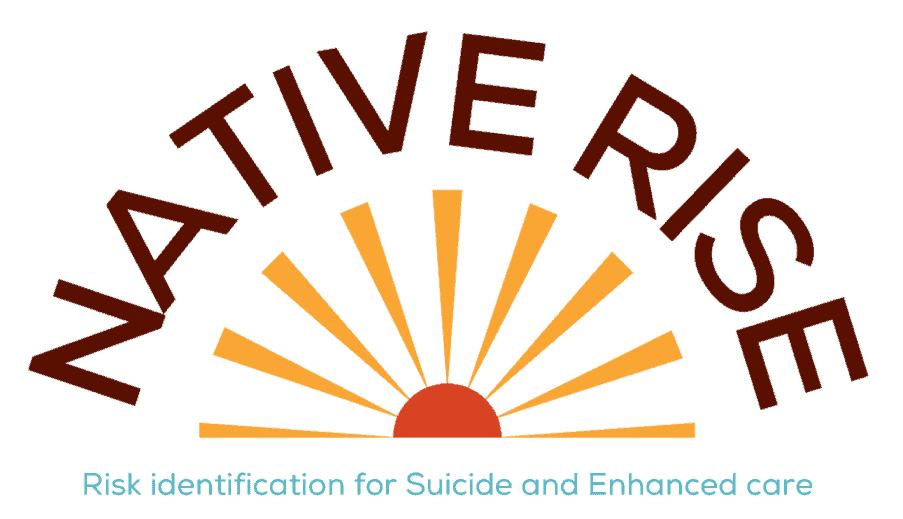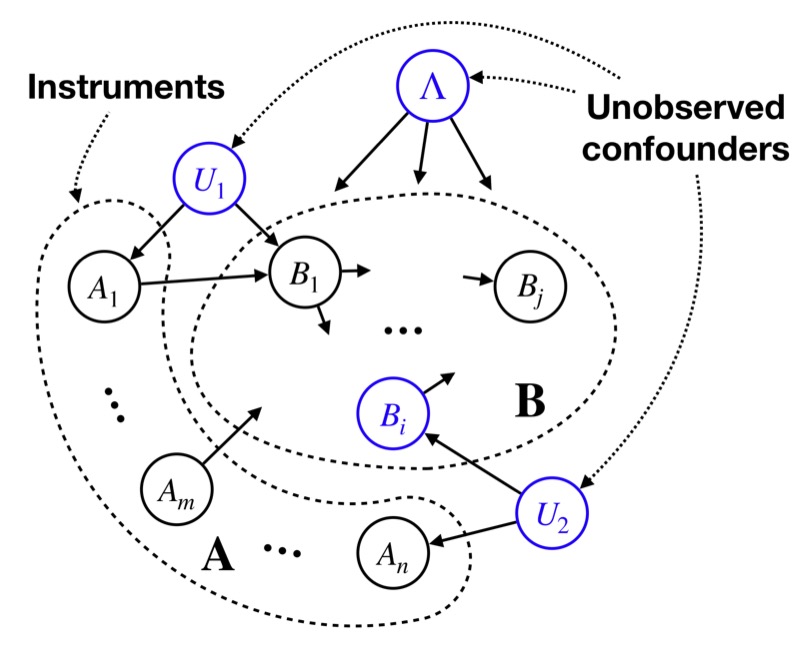Thyroid disorders and dementia
A substantial body of literature has established a link between thyrotoxicosis (an excess of thyroid hormone) and dementia; however, the mechanism of this association remains unclear. Further, the large majority of thyrotoxicosis is caused by overtreatment with thyroid hormone rather than hyperthyroidism (overproduction of thyroid hormone), but patients on thyroid hormone have commonly been excluded from studies examining this link. Our initial work suggests that overtreatment with thyroid hormone may have a similar impact as hyperthyroidism and the main goal of this project is to further interrogate this link using a variety of observational data sources.

Suicide prevention in the Indian Health Service
Despite generations of research, our ability to identify individuals at risk of suicide and associated behaviors remains limited. Several large health systems, including the United States Veterans Administration (VA), Kaiser Permanente, and other academic medical institutions, have developed EHR-based risk models using statistical machine learning, which show promise. But none have been developed specifically for American Indian/Alaska Native populations who face the highest burden of suicide of any racial or ethnic group in the United States. In partnership with the White Mountain Apache Tribe and led by Dr. Emily Haroz in the Johns Hopkins Center for Indigenous Health, the goal of this project is to develop and deploy a suicide risk tool developed specifically for the Indian Health Service.

Measurement error in EHR data
Data arising from real-world healthcare environments is affected by measurement error and missing data, observed and unobserved confounding, and a variety of societal biases. When reliable measurements are not available, it is critical that we account for systematic measurement error to avoid drawing biased inferences. Unfortunately, observational health data frequently violates the assumptions of classical measurement error analysis and we lack methods to incorporate many measurement error assumptions that commonly occur in healthcare settings. The goal of this project is to develop methods for estimating models from data with measurement error and to derive partial identification bounds when exact model identification is not possible.





